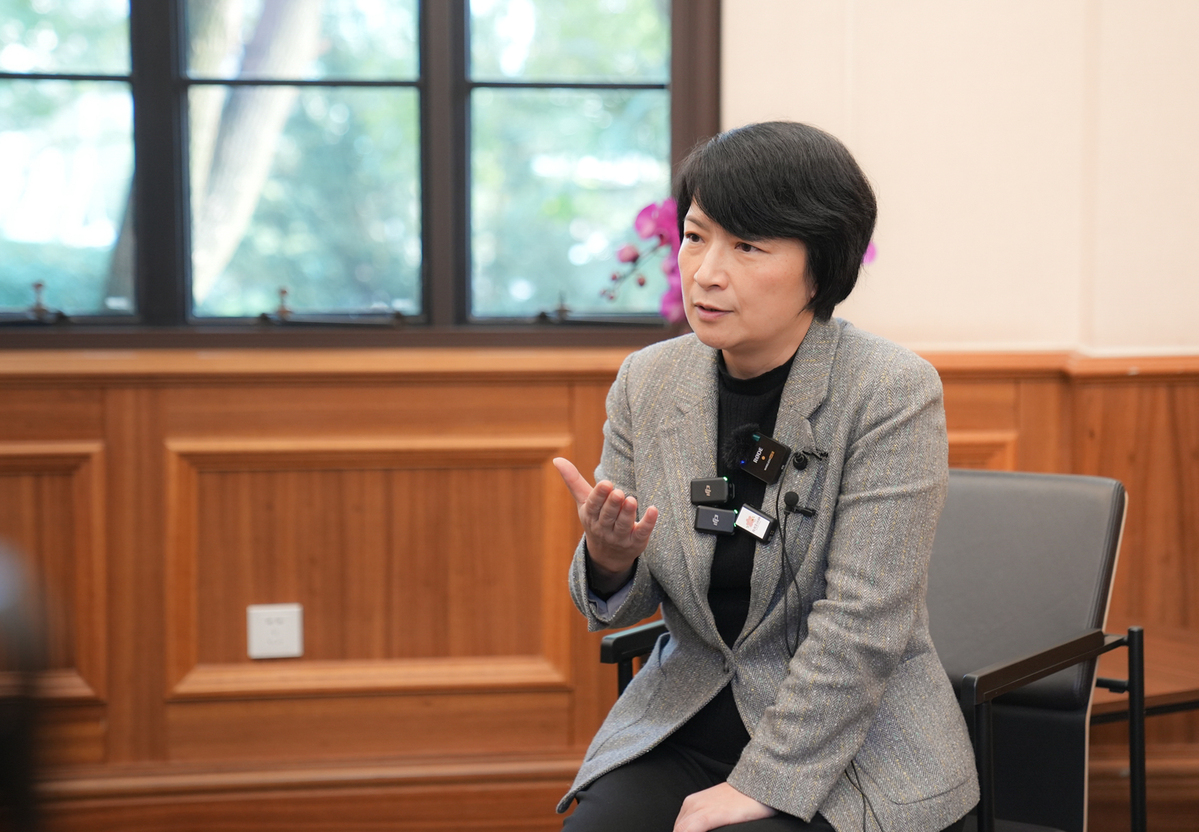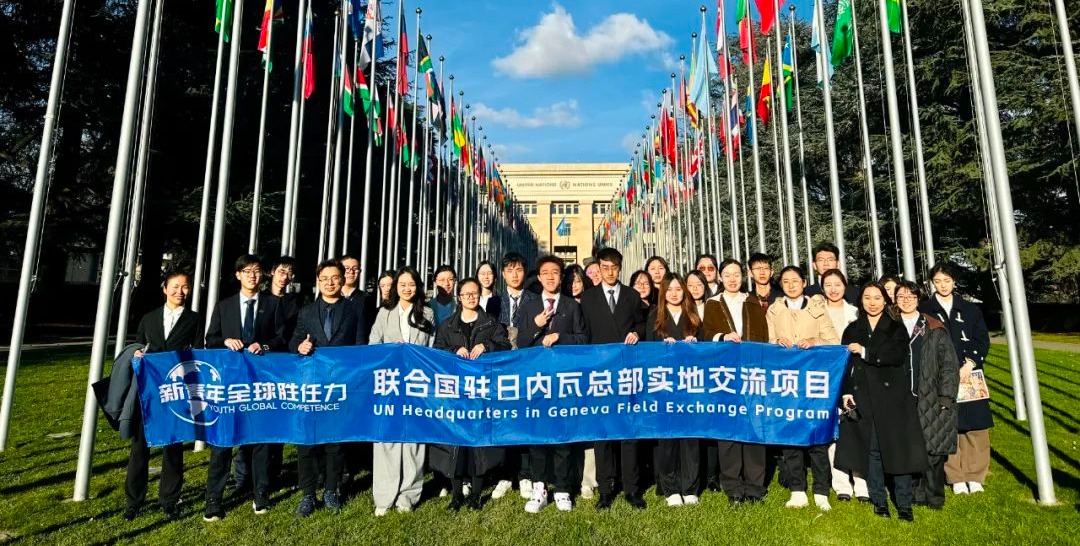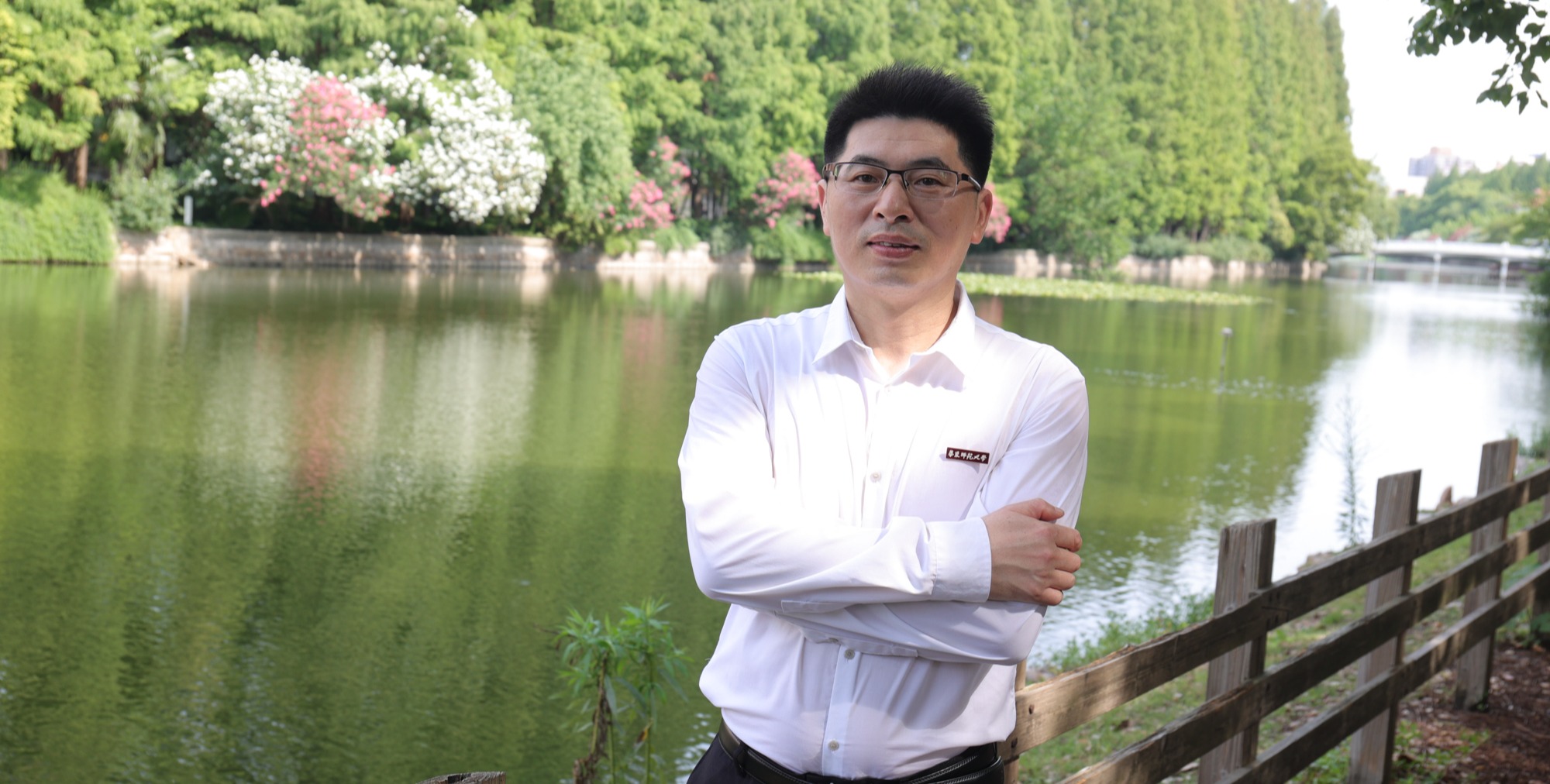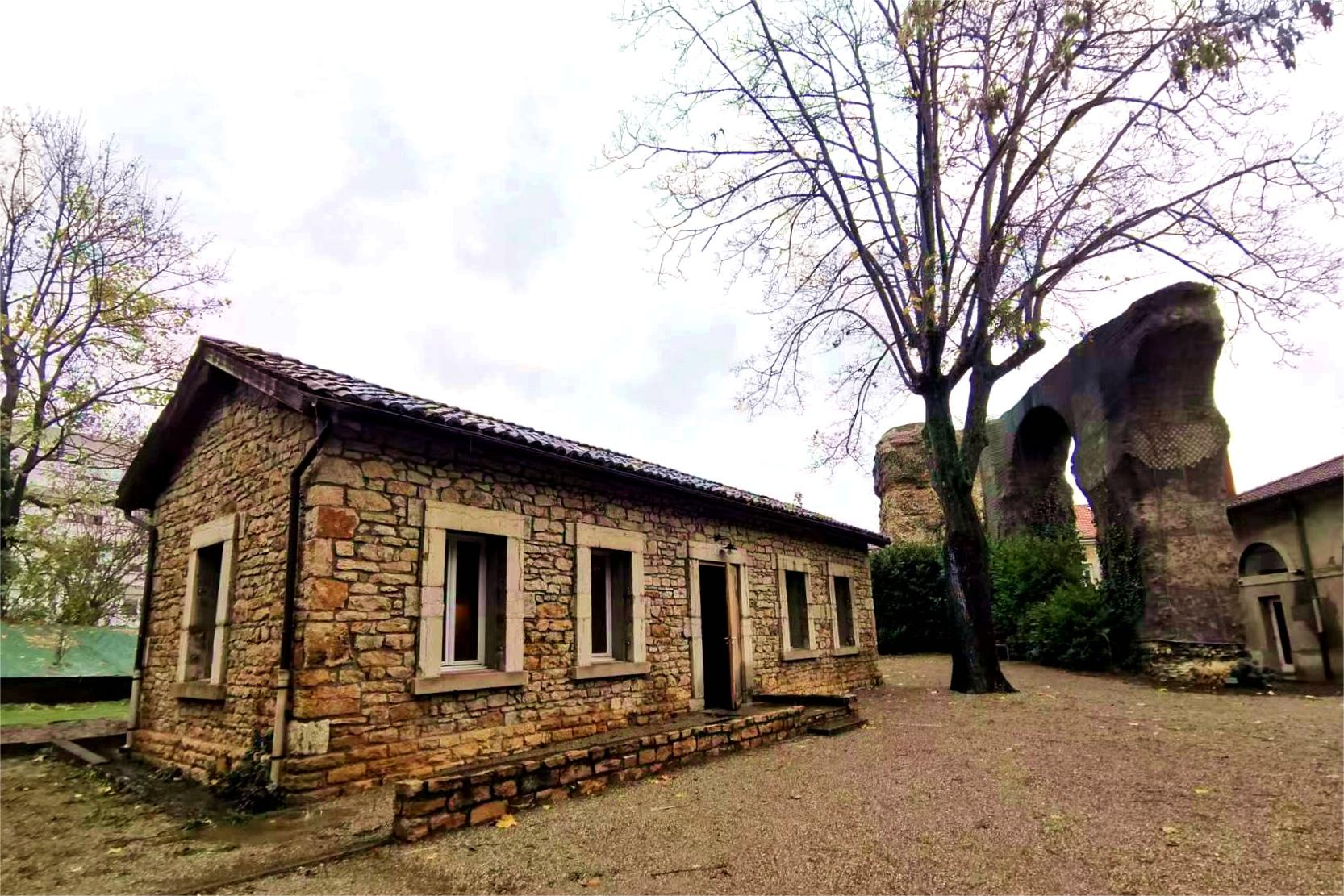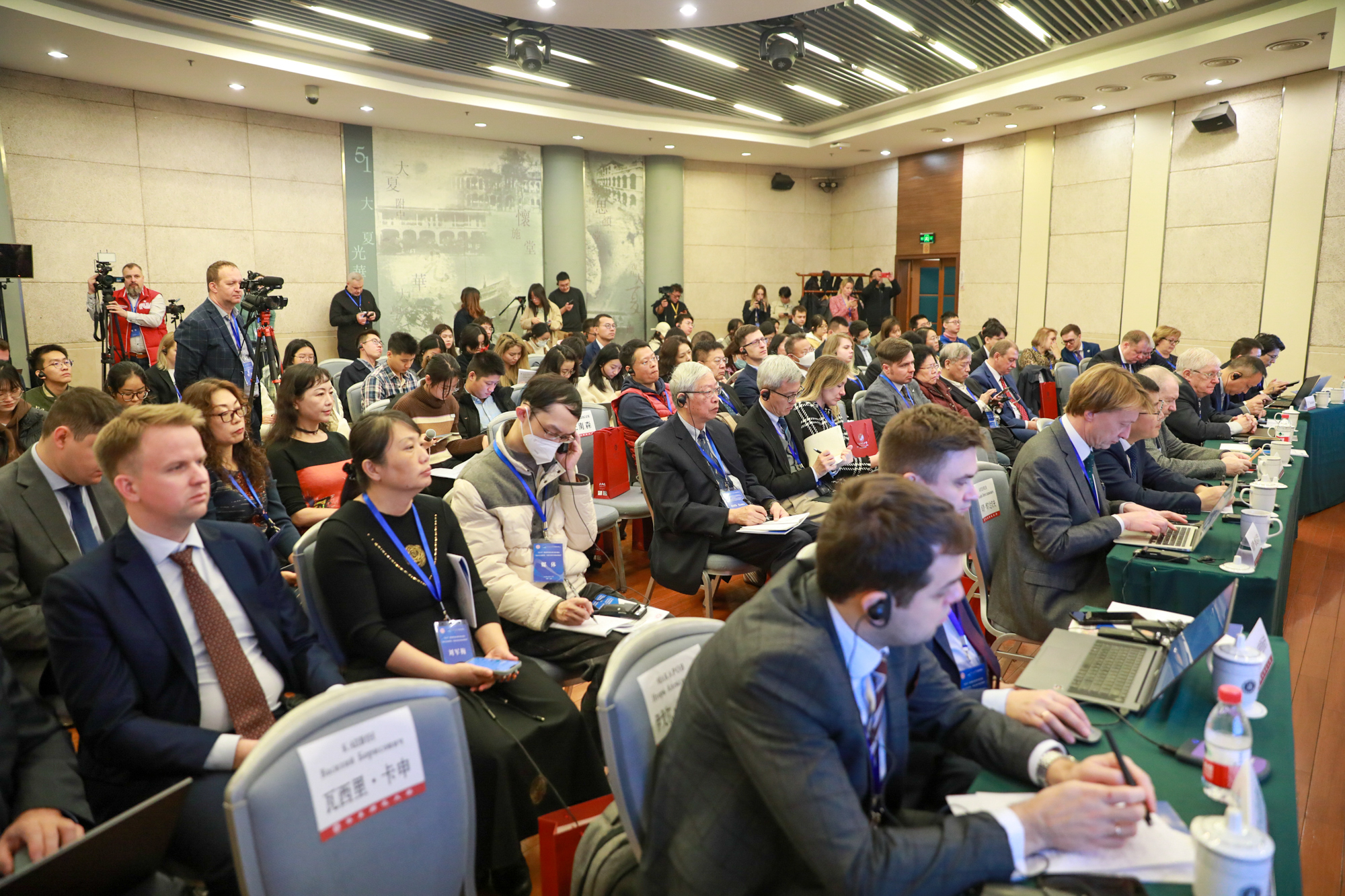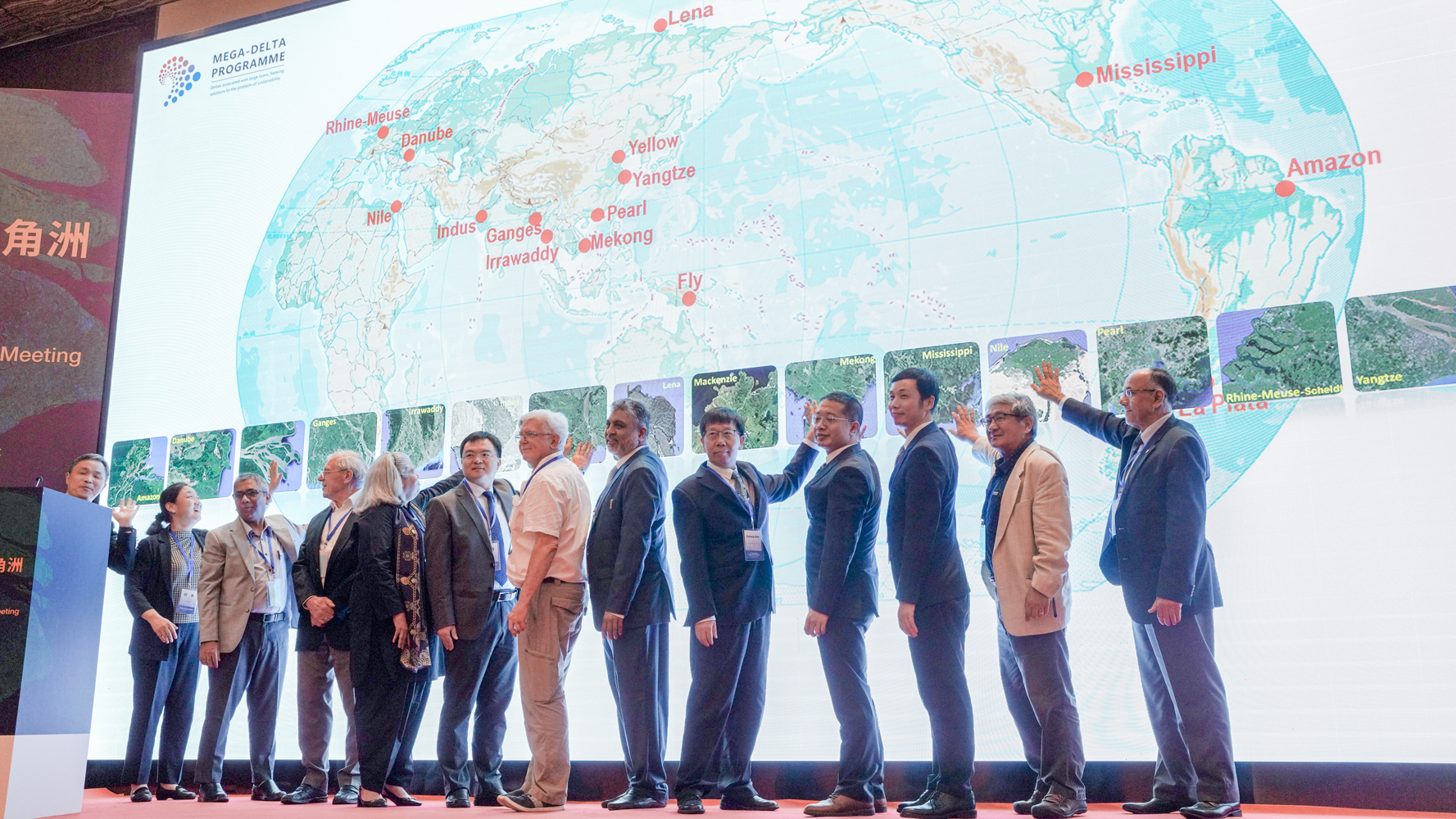# Hot Search #
During the past winter vacation, 48 students from East China Normal University set off from Shanghai to Geneva, Vienna, Los Angeles, Washington, Boston, San Francisco and other places to participate in the "Second Classroom" overseas practice, aiming at broadening their horizons through overseas experiential learning.
They visited the United Nations headquarters and various international organizations, participated in volunteer work at public welfare organizations, conducted practical observations in overseas school classrooms and experienced cultural interchanges with host families.
Let’s find out more about their enriching holiday stories!



Zhou Gefei, an undergraduate student from the School of Political and International Relations, shared her thoughts on the exchange and learning during a visit to the United Nations Office in Vienna. "Listening to the wonderful words from the United Nations officials, I feel as if I have been transported to a feast of knowledge that transcends national boundaries. The United Nations Office for Disarmament Affairs, the Office on Drugs and Crime and other institutions are working together like builders, committed to building a more just, peaceful, and sustainable world."


The student team visited the United Nations headquarters in Vienna and Geneva and conducted on-site visits to various institutions such as the United Nations Institute for Disarmament Research, the United Nations Office on Drugs and Crime, the United Nations Industrial Development Organization, and the United Nations Office for Outer Space Affairs to understand the mechanisms behind their work.
Han Chenggong, a graduate student at the School of Economics and Management, said: "During my visits to the World Trade Organization and the United Nations High Commissioner for Refugees, I understood the challenges and responsibilities of the international community in dealing with global issues. Each of us on the earth is a member of the human race, and whether we are committed to eradicating poverty, improving education, or protecting the environment, every goal is our shared responsibility."
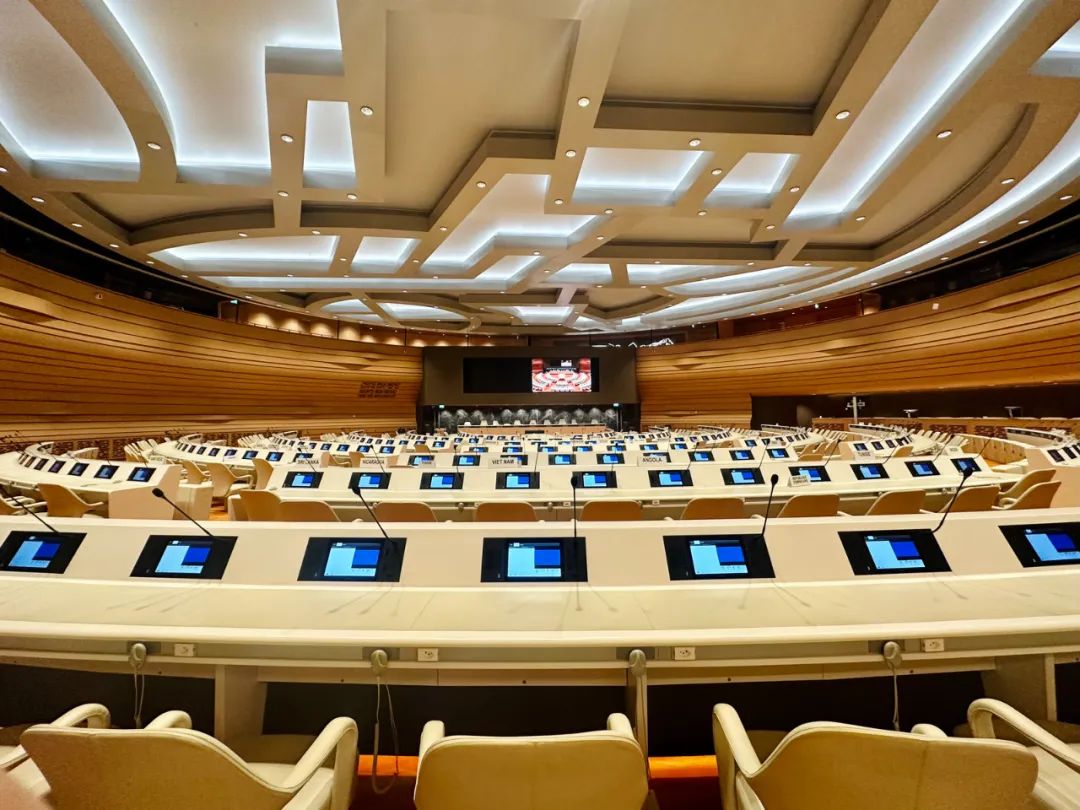

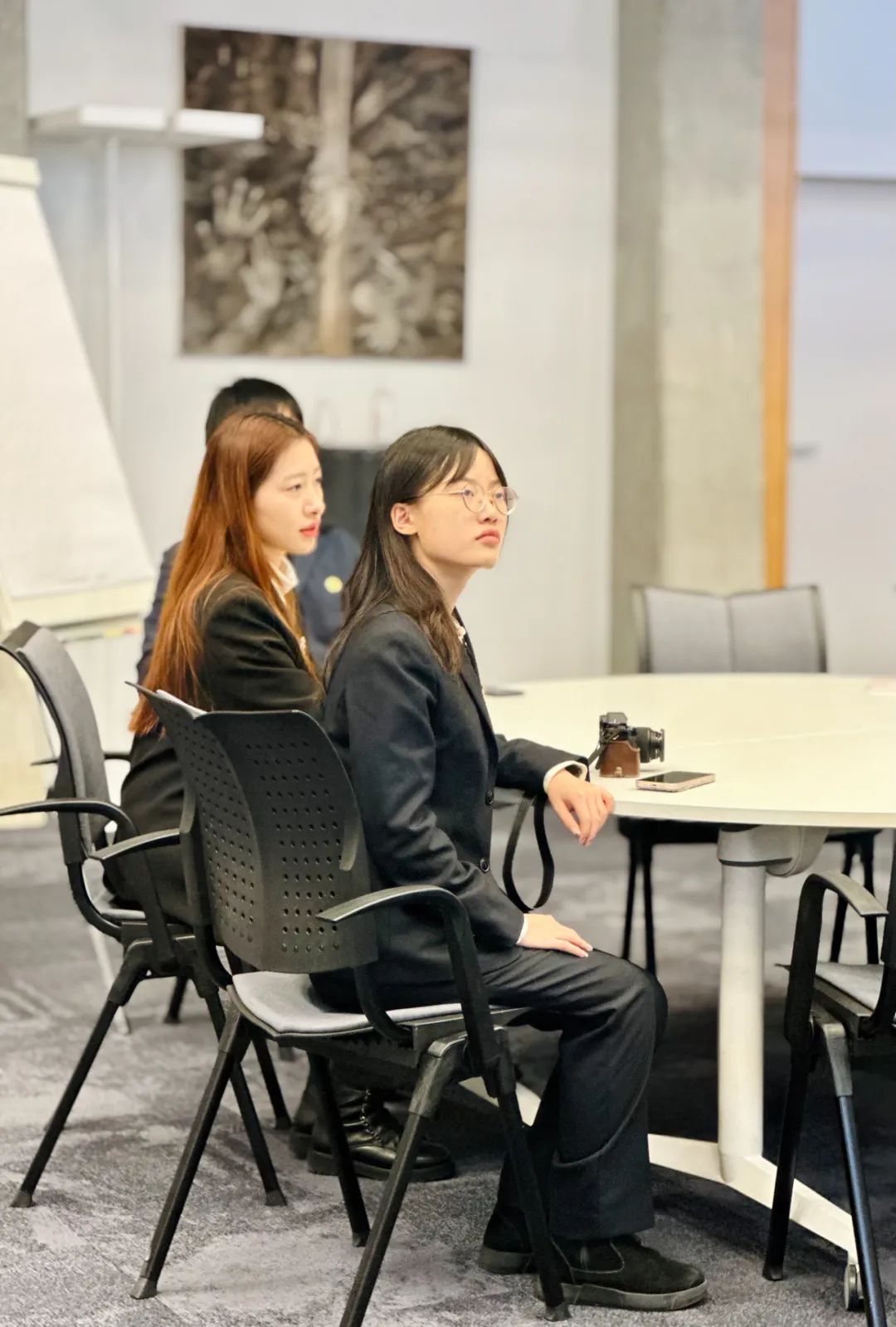
ECNUers conducted a Model United Nations activity in the United Nations conference room. Rao Siyu, an undergraduate student at the School of Foreign Languages, said: "It is very difficult for countries to reach an agreement on an issue which involves too many trade-offs of interests and debating skills. The United Nations is a remarkable organization which has given every country the right to speak up equally, and is committed to cooperation and reaching consensus."
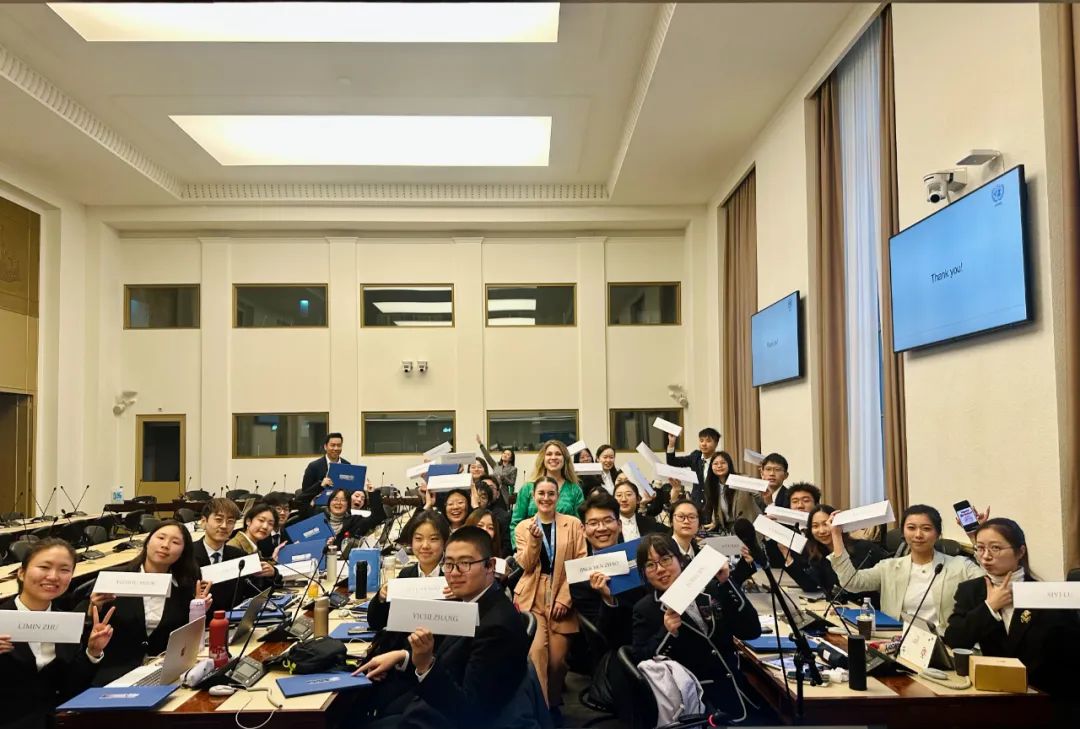

During their research phase in California, the students visited world-renowned universities such as Stanford University and the University of California, Berkeley. Through the comparison of higher education in China and the United States, they gained a more comprehensive understanding of local educational concepts, models, academic atmosphere, and campus culture.
The students also learned about related topics such as cross culture communication, public service, public safety, and volunteering, and gained a deeper understanding of local non-profit organizations, social activities, public safety, cultural exchanges, and more.


During the two weeks spent with the host family, ECNUers developed their own insights. Liang Yirou, an undergraduate student from the School of Chemistry and Molecular Engineering, said: "We often chat with our host family after dinner about different views on the same topic, which deepens our understanding of each other's cultural concepts."
Wang Xinran, a graduate student from the School of Economics and Management, and her classmates prepared a must-have Chinese holiday delicacy - dumplings - for their host family. "During the process of making noodles and dumplings, I introduced them about the rich history of dumplings and Chinese culinary culture. I hope that through a participatory experience, they can have a deeper understanding of Chinese culture."
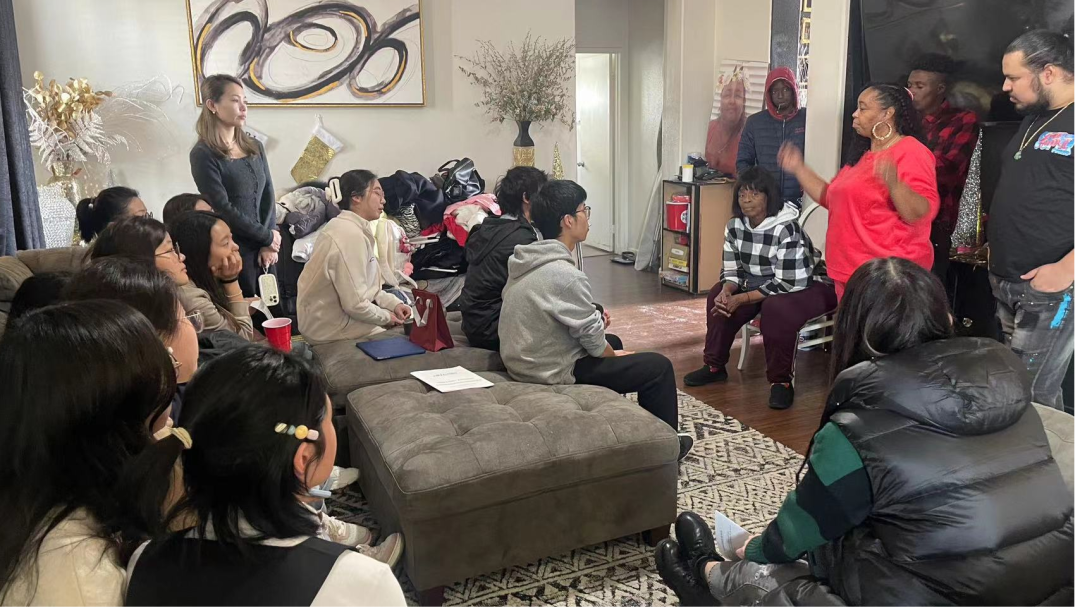

In Washington and Boston, 16 students from the Education Department of ECNU received academic training and educational practice. They attended courses and seminars at local universities. Under the academic guidance of renowned professors, they gained a deeper understanding of the local education system, subject knowledge, and research methods, and clarified the importance of language learning and the educational philosophy of IB courses.
Liang Xiaofan, an undergraduate student from the Faculty of Education of ECNU, said: "Thomas' teaching plan and evaluation methods have established a connection between me and the work analysis and vocational education curriculum design I studied in electives before. The class on cross-cultural understanding taught by Alejandra at the University of Maryland School of Education is also student-centered. During class, Thomas will make timely inquiries about students' feelings to adjust the classroom progress, making me feel the teacher's respect for students. "

Wu Aoya, a master's student from the College of Teacher Education, experienced and observed teaching methods and pedagogical concepts at a renowned local high school, Boston Latin School. " In middle school classrooms, there is more emphasis on students working in teams to research and present themselves, and more class time is given to students to find relevant materials and prepare themselves. Teachers guide students, acting more like organizers, serving as guides and friends to students, rather than just transmitters of knowledge. A strong teacher-student relationship helps to create a positive learning environment.”
Yang Fangyuan, an undergraduate student from the School of Music, also said, "The local cultural environment shows its openness and diversity. Education focuses on cultivating students' innovative thinking and independent problem-solving skills, and students have more freedom to ask questions and express their opinions in class."
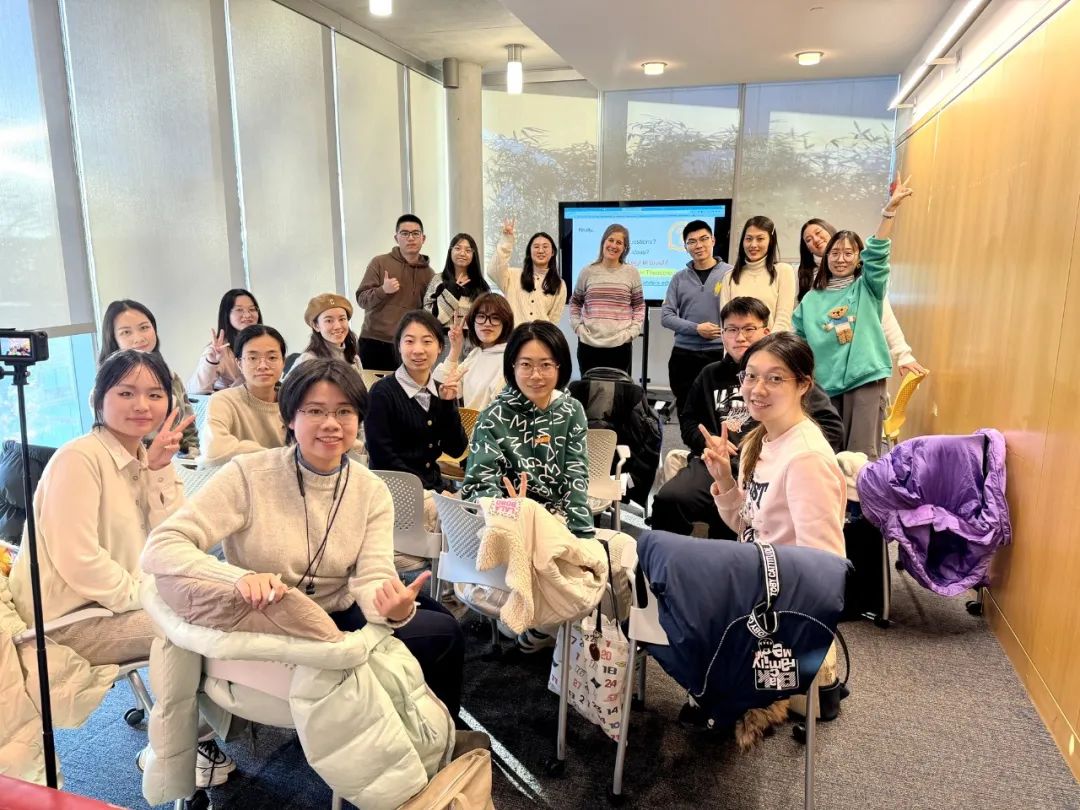

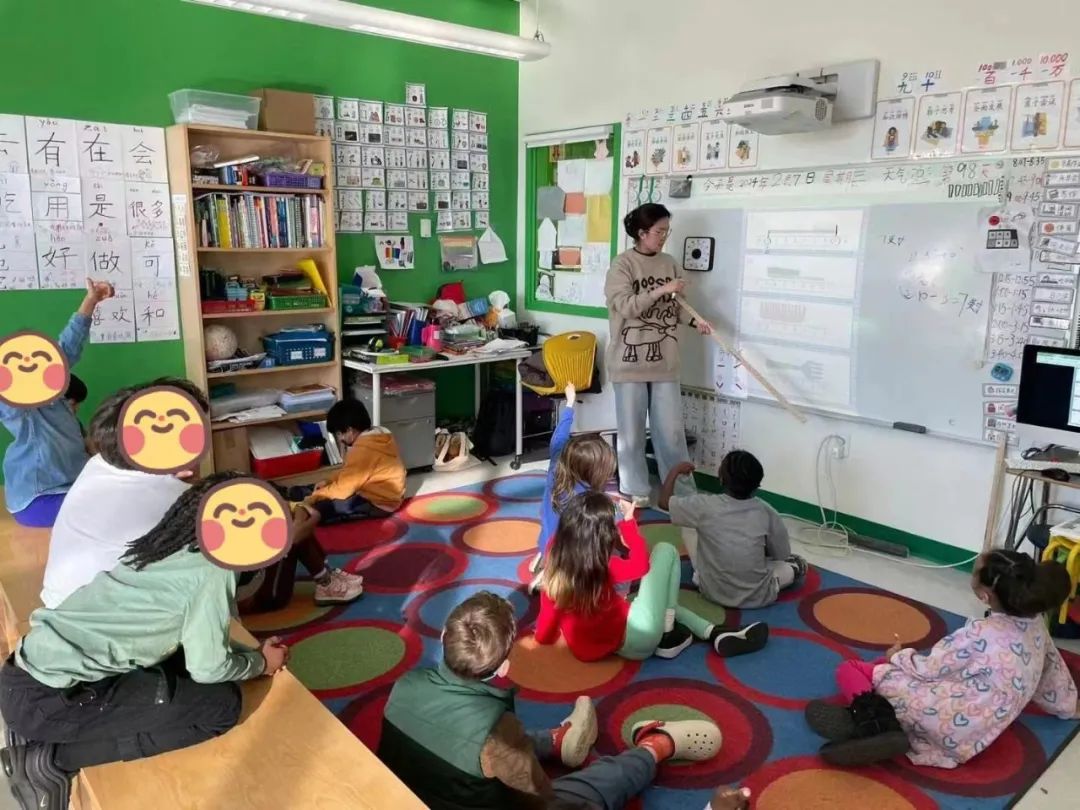
Youth Global Competency Program
The Youth Global Competency Program of ECNU is a training program jointly established with the China International Education Institute. The project conducts daily online teaching and overseas practice in the "second classroom" during the winter and summer seasons, aiming to cultivate outstanding talents with a global perspective while cultivating problem-solving skills.
Copy editor: Philip Nash
Editor: Wicky Xu
